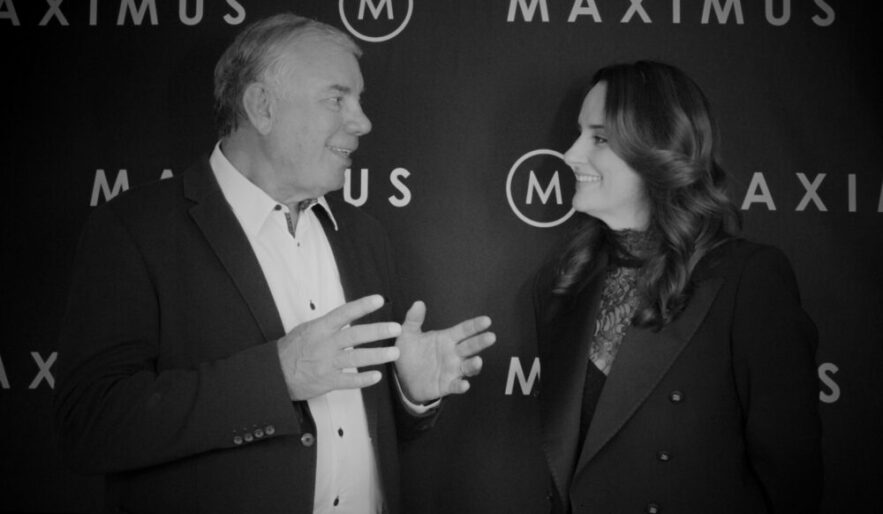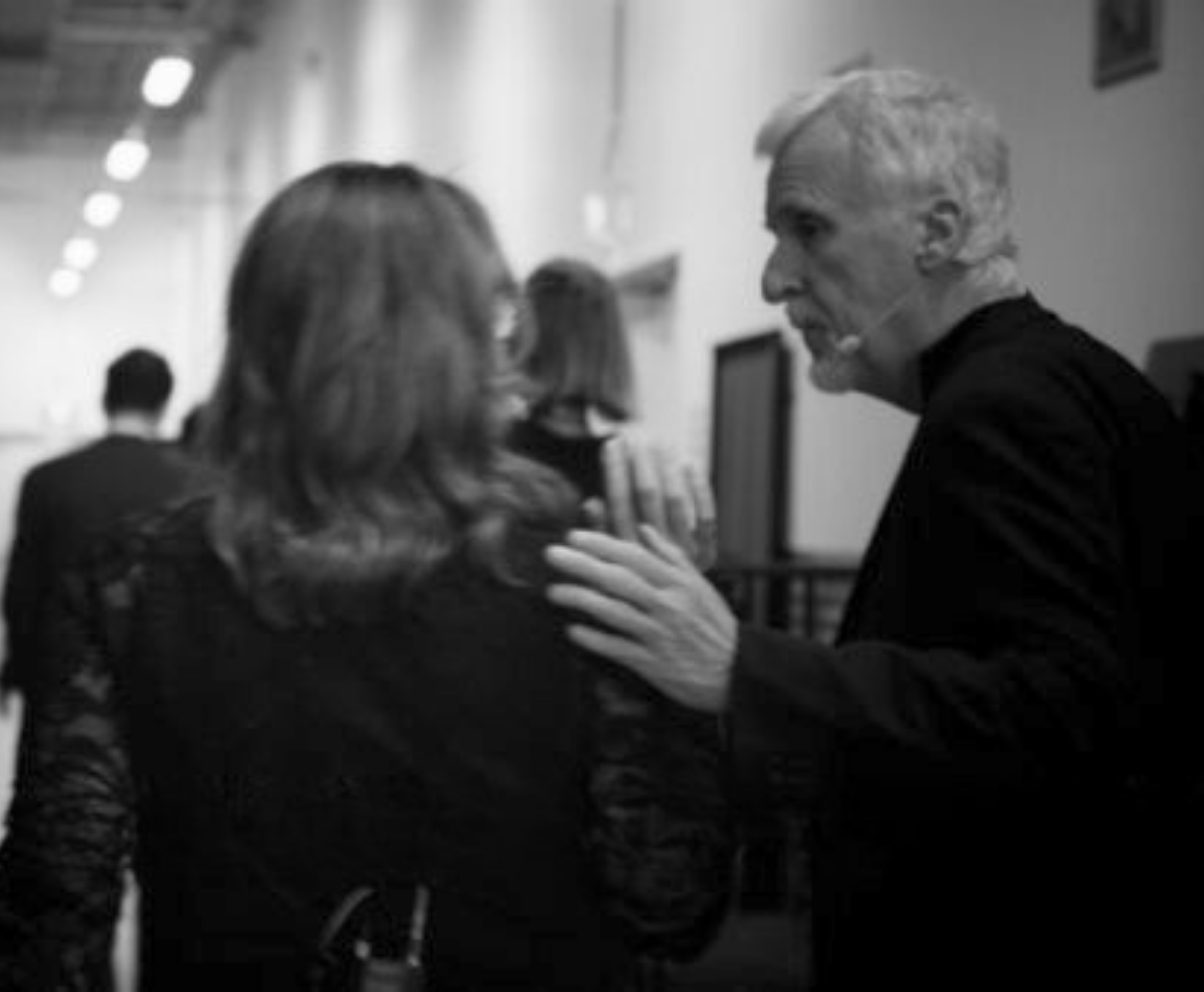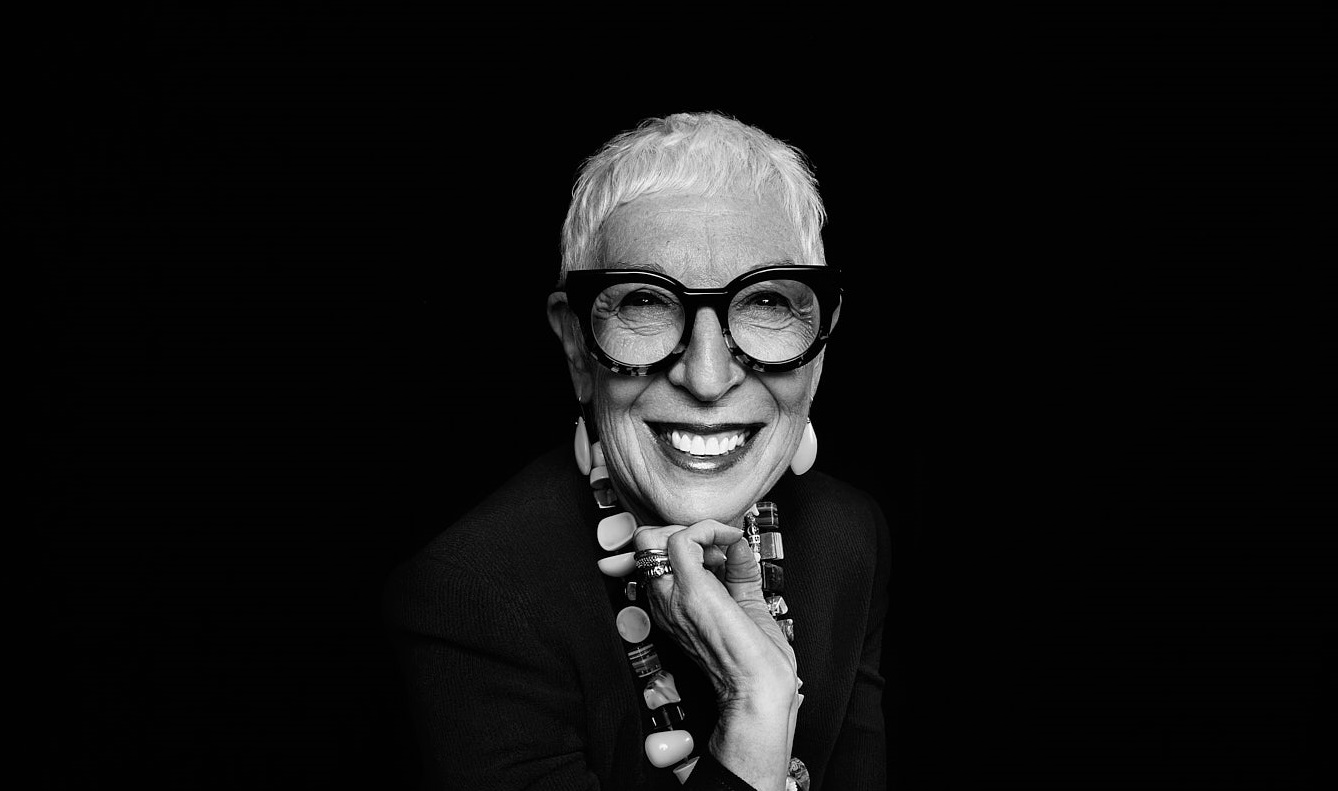Everywhere I go, every client I talk to wants to make their workplace become more collaborative, more inclusive, and naturally more successful. There is also an ongoing generational debate which carries strong assumptions and creates narratives within organisations which don’t always help us to succeed. This is nothing new, but we do have a new generation in our midst.
Generation Z, colloquially known as Gen Z or Zoomers, is the demographic cohort succeeding Millennials and preceding Generation Alpha. The roughly estimated age range of Gen Z are those born from the mid-to-late 1990s until early 2010s.
Gen Z has been brought up with enormous educational pressure, such as the laser focus on their high school finishing exams and their pathway to tertiary education, and when coming into the modern corporate environment, it makes me wonder if the intense pressure we put on people adds to the expectation for their first corporate role? They have high expectations from day one and that may include more regular, and public, affirmations to let them know they are doing good work far more than say Gen Xers or Baby Boomers expected when they were starting their own careers decades ago.
Yet the real issue goes beyond highlighting the exaggerated need for praise in the workplace which really is only one side of the coin. This new generation has grown up in times of mass economic prosperity and have been raised in an era of helicopter parenting. They are the poster children for receiving ‘awards for showing up’. There has been less of a push to notice real achievement from a young age. They have skipped these basic life lessons of showing determination and building resilience. No wonder employers can’t warmly embrace Gen Z’s needs at work easily. There will be friction between Gen Z and us older generations trying to mentor them and help them find their purpose at work too.
In Australia, let’s remember that Gen Z has come from 20 years of economic prosperity. They don’t know what a real recession means for their job prospects. So, when they arrive in the workplace, they want to grow quickly and rise at speed through the levels of progression – they are impatient but also open-minded. This shows up in their curiosity, drive and confidence when they look for those “quick wins” where they can feel a sense of impact and achievement immediately. While this enthusiasm is greatly needed in the workplace, I believe established leaders need to balance this by teaching and role modelling skills of resilience, work ethic, and focused goal setting, not just giving their Gen Z staff growth opportunities because they expect it.
As an employer, Maximus knows we need to set clear expectations of what performance is required with the right mindset. This is more evident with hybrid working where it’s important for Gen Z’s to be learning on the job and therefore the apprentice model of sitting alongside people is needed more than prior generations, including mine, have been used to.
With continuing economic uncertainty and the shortage of skilled workers – we still need millions of people to fill the post-Covid gap created by migrant work shortages – companies are being more disciplined about where they make their investments and are therefore directing funds on growing their top talent. Rightly so, but this top-down pressure is impacting Gen Z’s coming into our workspaces. It is up to established workers to better understand the impact these decisions are having on the younger workforce. This internal pressure combined with the rising cost of living is only exacerbating the pressure on a younger workforce who are only just finding their feet professionally and growing up on our watch.
While this culminates in high expectations of how they grow, we need, as business leaders to demonstrate the art of patience and commitment to see that through in a considered way. I believe corporates have an obligation to do a lot of work on mindset, fundamental behaviours of time management, responsibility, and work ethic to ensure Gen Z’s feel engaged and committed to a sustainable career path.
Equally, we can learn from Gen Z’s. They have an abundance of mindset in the way they think about innovation and creating a better world combined with superior digital capabilities that will help with fresh and new business models. As a society, we need to tap into that capacity as it is what will drive innovation and social impact.
Knowing it is my generation and others before me who have, for the large part, delivered the market growth and the abundance we all enjoy, we must take seriously our long-term stewardship role for future generations to set the critical future capabilities for continued economic prosperity.
Maybe it’s time we embrace the positive opportunity of this younger generation to teach us all something new including how to bring out the best in all of us – after all, they are the future of work.
Vanessa Gavan








